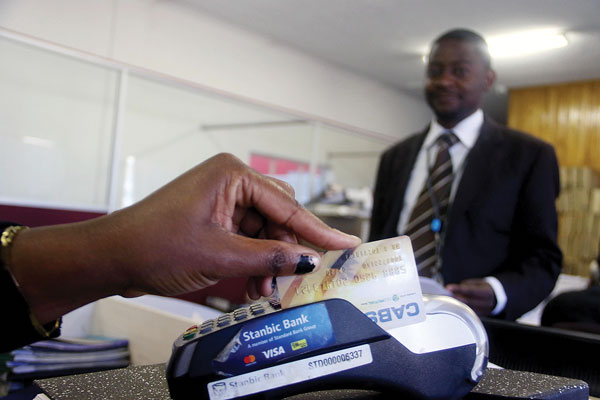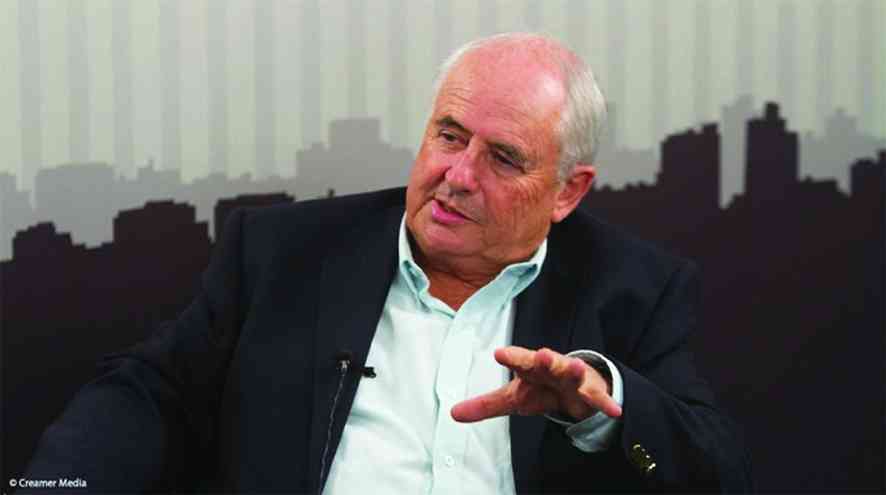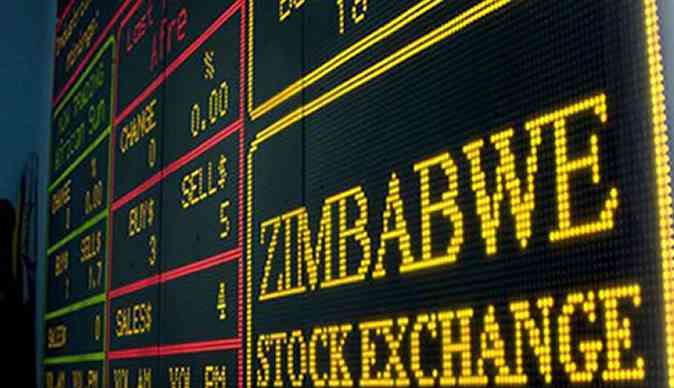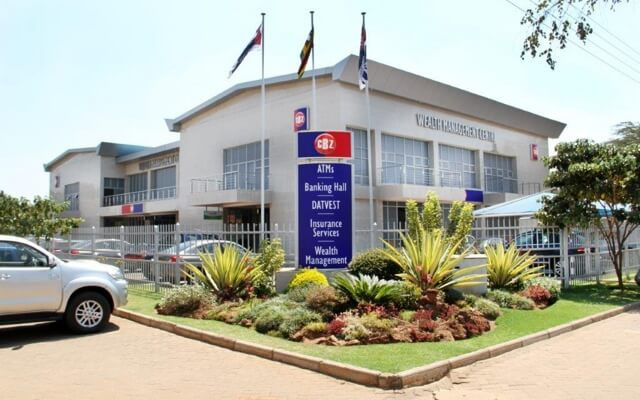
AN Information and Communication Technology (ICT) expert has called for the further strengthening of the Real Time Gross Settlement (RTGS) amid revelations that a total of 2,5 million transactions valued at $27,4 billion were settled through the platform in the first half of the year.
BY FIDELITY MHLANGA
RTGS transactions worth $48 billion were recorded in 2016 as it is becoming an easy alternative, due to the cash shortages prevailing in the country.
Despite the existence of other forms of payment such as point of sale, internet, mobile, cheque and ATMs, RTGS transactions are ruling the roost.
ICT expert, Christopher Musodza said given the amount of volumes transacted on the system, there was need to develop it to speed up the transactions.
“I think it’s time for a more real time settlement system which takes less time than to wait for 48 hours. It’s too slow. For securities reasons to wait for 48 hours if something bad happens money could have changed hands. Now we hear of a failing of the RTGS because it was not made for huge volumes,” he said.
The value of RTGS transactions rose to $21,73 billion in 2010 from $6,8 billion in 2009. It rose to $32,6 billion in 2011, $38,7 billion in 2012 surging to $41,8 billion the following year, $43,8 billion in and $44,8 billion in 2015.
While ZIPIT — a mobile banking system enables a person to send funds instantly from a Zimswitch member bank to another member bank and funds are received instantly, Musodza said there was need to transform it to accommodate corporate transactions.
- Chamisa under fire over US$120K donation
- Mavhunga puts DeMbare into Chibuku quarterfinals
- Pension funds bet on Cabora Bassa oilfields
- Councils defy govt fire tender directive
Keep Reading
“Individuals are using ZIPIT but the way it is now corporates cannot use it. The system needs to be upgraded, so that it allows more than one signatory,” he said.
Musodza, who is Digital Society of Zimbabwe, co-ordinator called for the development of a local settlement system for visa transaction that will put less pressure on nostro accounts.
The prevailing cash shortages are clogging banks’ RTGS systems as Zimbabweans are relying on this mode of payment for virtually all transactions.
However, clients at some banks have complained that their salaries and other credits are taking as much as two weeks to reflect in their accounts.
Financial expert Persistence Gwanyanya said the Reserve Bank of Zimbabwe (RBZ) should push banks to invest more money into electronic payments.
“There is need to upgrade bank to bank capabilities for support volumes on transactions. There is need to invest on infrastructure to support electronic payments. ZIPIT is also facing challenges such as reverse payments and duplications errors. RBZ should step in as a regulator and it is their mandate to urge banks to invest on the electronic system. Banks have made $100 million profit in the 6 months, an increase from $67 million made last year. They are arguably the most profitable sector,” he said.
During the first half of 2017, monthly RTGS account balances averaged $1,42 billion compared to $768,9 million over the same period in 2016.











